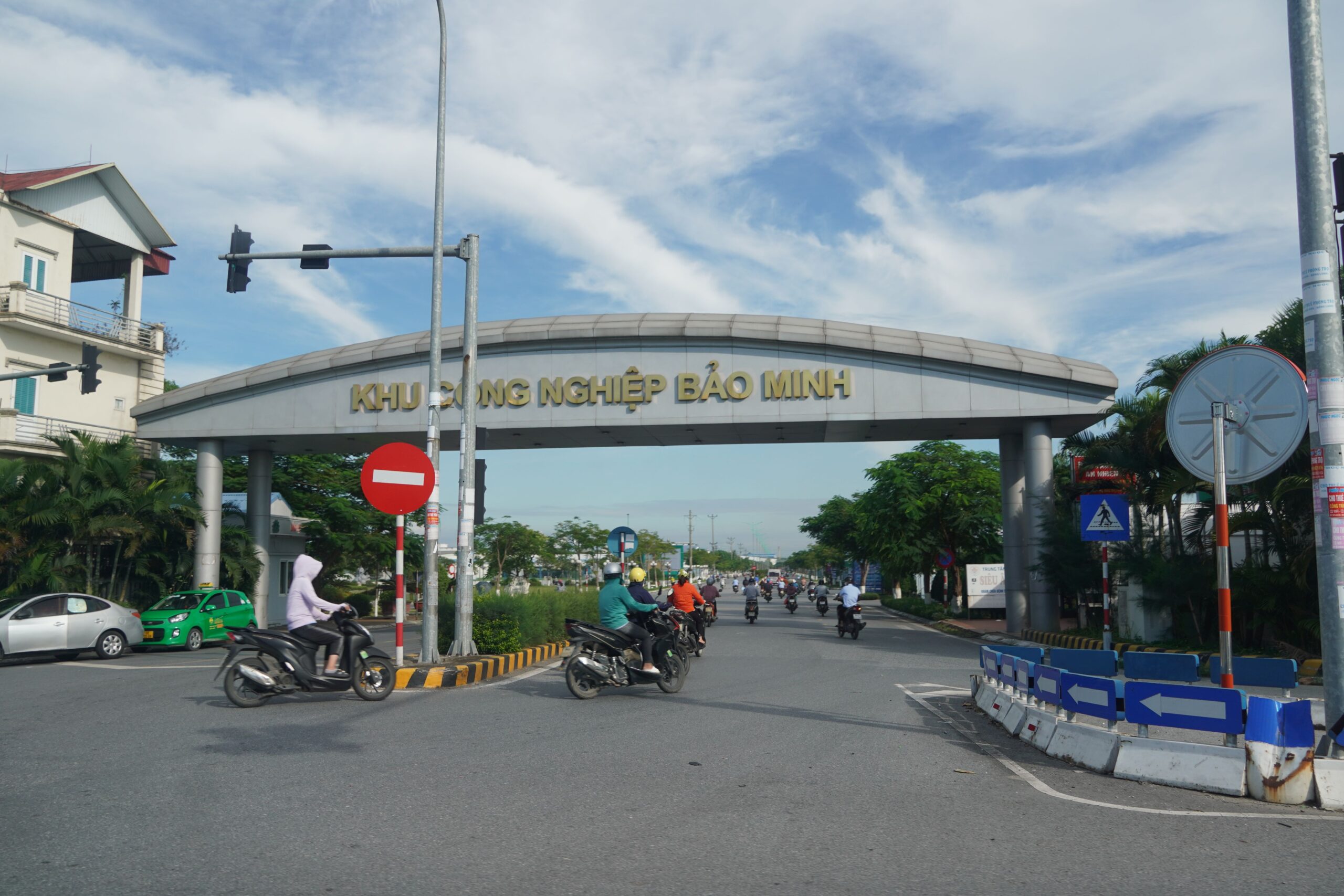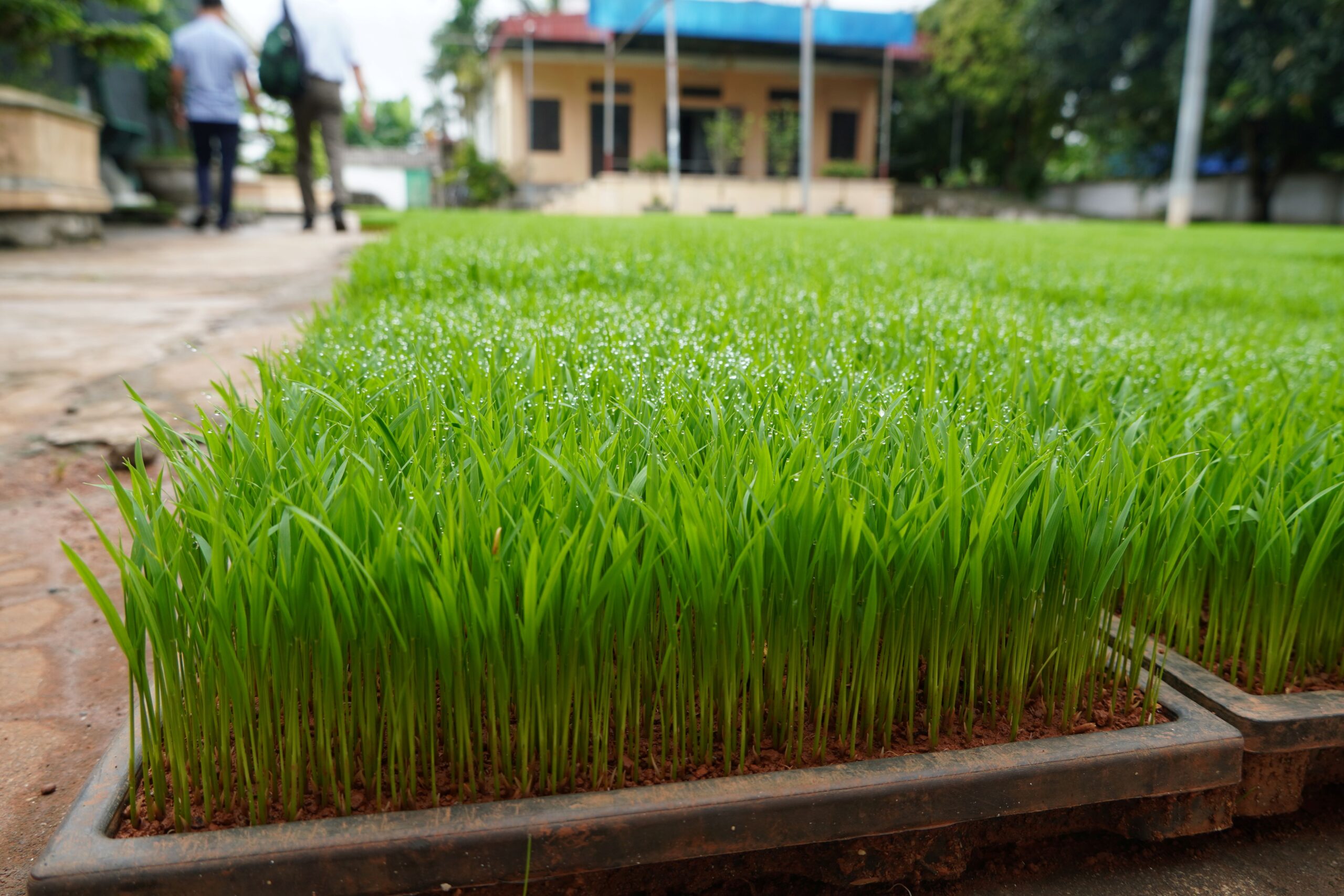Field-based Area Studies by Using Field Stations and Liaison Offices
"Preliminary Approach for Research Framework Building for Studying Opportunities and Risks of Residents in Rural Societies of Southeast Asian Countries"
R5-6 4-1 (R5 AY2023)
| Project Leader | Fujikura Tetsuro (Aichi Prefectural University, Department of International and Cultural Studies, School of Foreign Studies) |
| Collaborators | Yanagisawa Masayuki (Kyoto University, Center for Southeast Asian Studies) Nimi Tatsuya (Nagoya Gakuin University, Faculty of Economics) Takahashi Katsuyuki (Naresuan University, Center of ASEAN Community Studies, Faculty of Social Sciences) |
| Research Project | Preliminary Approach for Research Framework Building for Studying Opportunities and Risks of Residents in Rural Societies of Southeast Asian Countries |
| Countries of Study | Vietnam, Thailand |
Outline of Research
Recent changes in Southeast Asia, such as the rearrangement associated with globalization in industrial and employment structures, development of transportation, and improvement in the quality of human resources, have also impacted rural societies. This joint research will examine how opportunities and risks in the economic and social lives of people living in rural areas are categorized in today’s rapid socioeconomic changes, considering demographic changes such as rapid aging. We will explore this from a comparative perspective between regions.
Purpose of Research, Its Significance and Expected Results, etc
In this study, we examine the impact of local economic development on the lives and prospects of people in the surrounding rural areas from both the opportunities and risks that people face and develop a method to typologically understand the diversification of rural societies in Southeast Asia. In particular, we will focus on how the expansion and diversification of nonagricultural employment opportunities affect people’s lives. While the resources and opportunities that can be utilized are diversifying, we strive to understand as widely as possible the various paths through which people can improve their livelihoods. At the same time, we will engage in collecting various materials related to the types of risks to people’s lives, the mechanisms for risk hedging and damage relief, and the like. Based on these commitments, we will attempt to reconstruct the methodology. While grasping the basic conditions at the social level, such as the ecological environment, population, land ownership, livelihood, industrial development, and employment opportunities in which the research target villages are located. We will also focus on more fluid and contemporary constraints at the household and individual levels, such as educational and occupational experiences, family formation, and life stages.
This research does not aim to construct a general theory that covers the current situation in rural Southeast Asia, but does not limit itself to depicting the complexity of modern society in Southeast Asia, the ambiguity of boundaries, or the elusiveness of Southeast Asian rural villages. The aim is to provide a certain perspective from which to understand the reality of the existing diversity.



